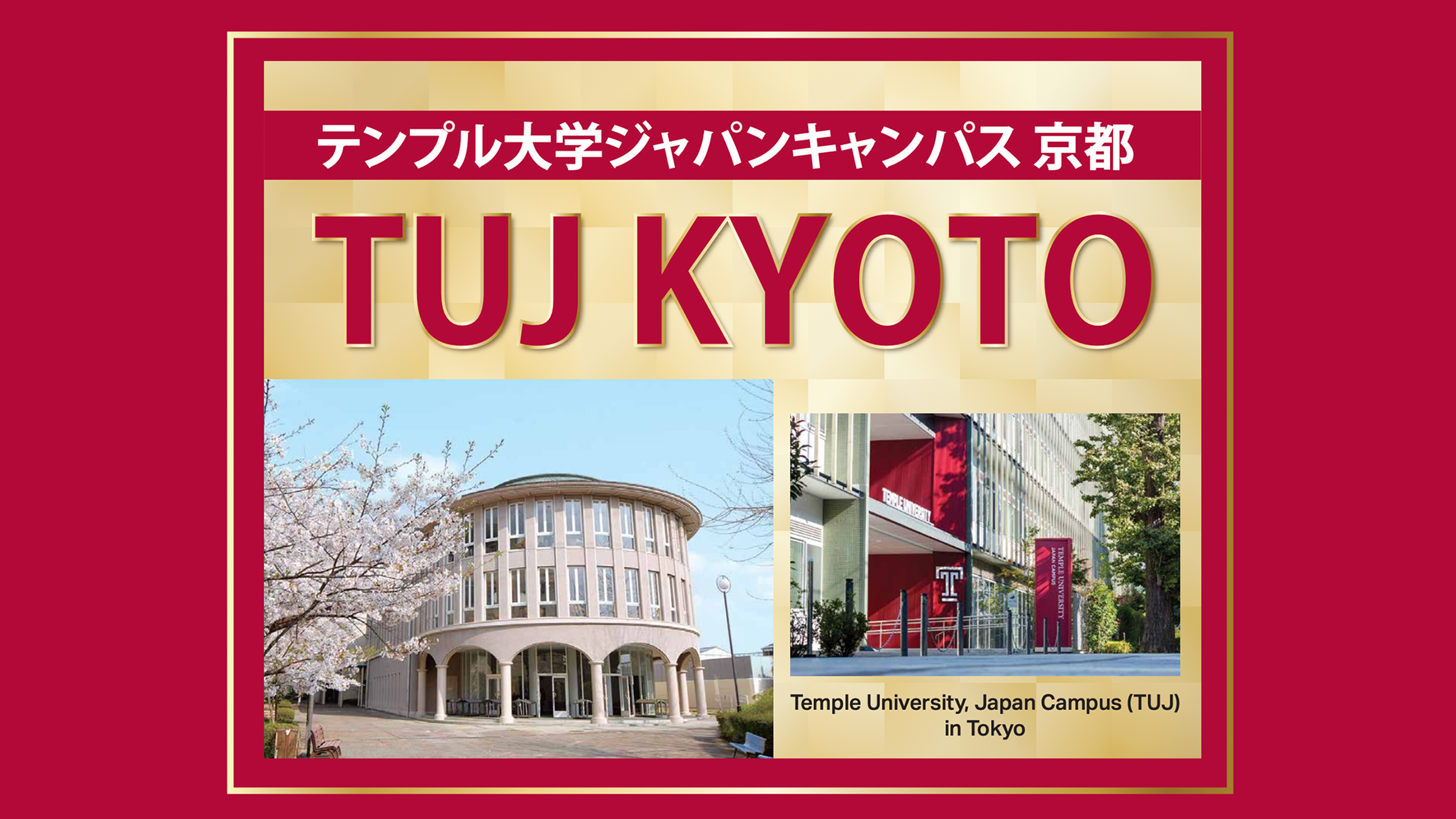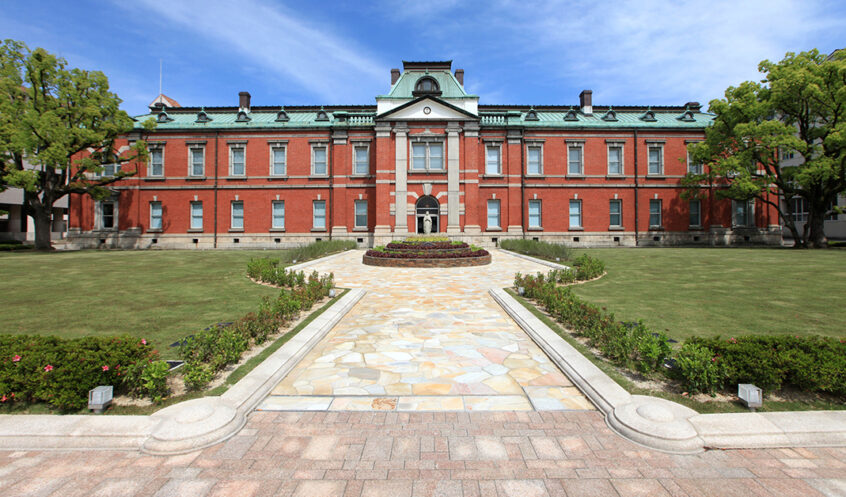
Temple University, Japan Campus (TUJ) is slated to expand its operations and broaden its presence in the Kansai region through the establishment of a new satellite campus in Kyoto starting in January 2025. To facilitate this expansion, TUJ has partnered with Kyoto-based Seibo Jogakuin School Corporation (Seibo). In addition to the Tokyo campus, the new location will enable Temple students to experience global education in Kyoto. Founded over 100 years ago, Seibo operates campuses in Kyoto and Osaka that serve nursery school through high school students. Together, TUJ and Seibo will play a critical role in Kyoto by advancing international education, building bridges across cultures, and equipping students to succeed in our interconnected world.
Since 1982, Temple University has provided students from around the world with a world-class international education in English in the heart of Tokyo. Temple is a globally ranked, top tier public American university established in 1884 that maintains a Carnegie R1 highest research activity designation. TUJ embraces the spirit, values, and rigor of its main campus in Philadelphia (USA) while fostering a borderless and innovative academic experience in Japan. Today, TUJ offers students from approximately 70 different countries the opportunity to pursue undergraduate, graduate, and professional degrees in a multicultural and inclusive environment in Japan. Students studying at TUJ can earn a degree directly from Temple University.
TUJ is excited to offer a liberal arts experience in a multi-building complex on Seibo’s campus in Kyoto, just a short 12-minute walk from the famous Fushimi Inari shrine. The new Kyoto location will enable new TUJ students to commence their university studies in the Kansai region. It will also welcome all TUJ students from the Tokyo campus and visiting students from abroad who wish to study in Kyoto for a semester or two.
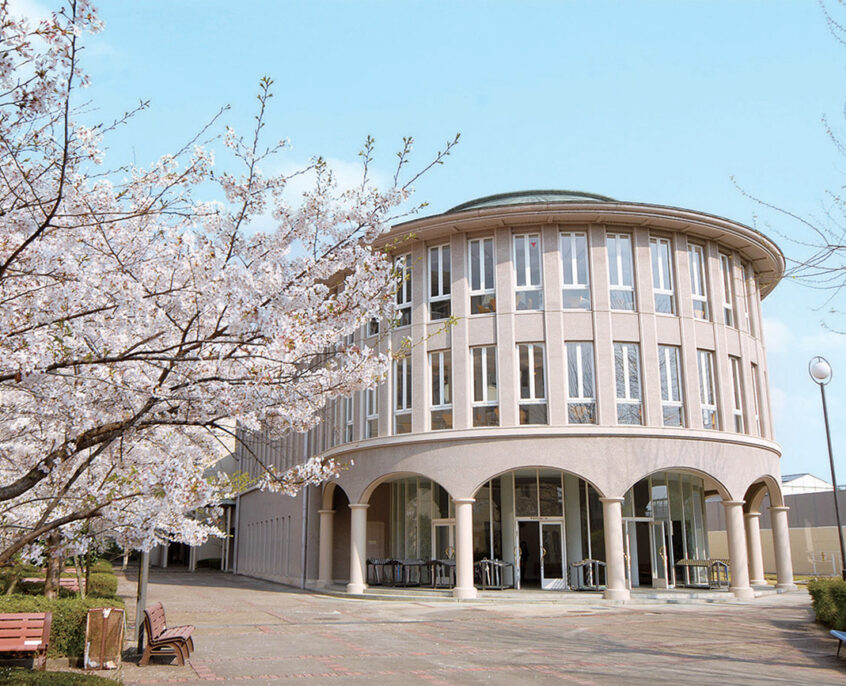
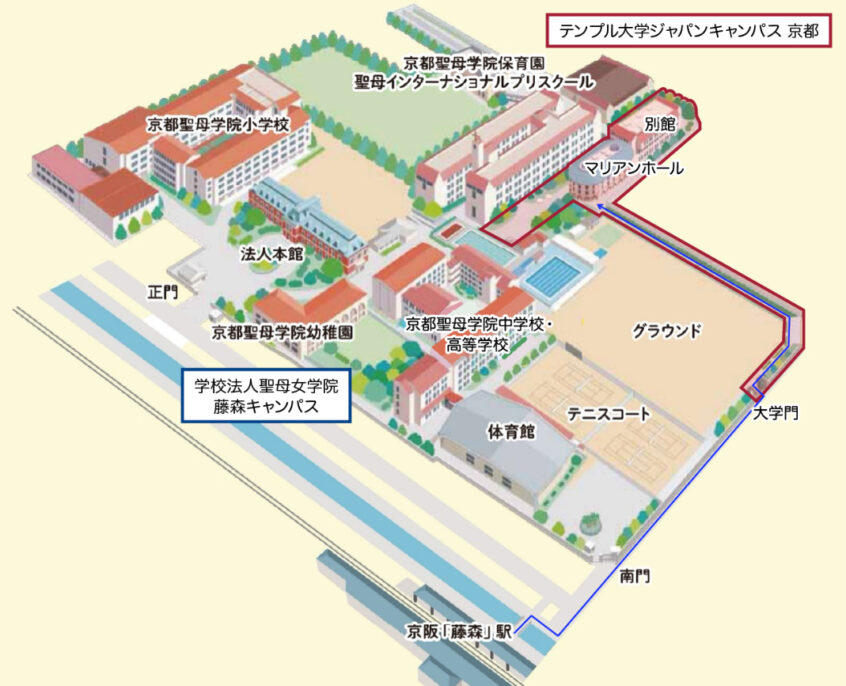
By opening a satellite campus in Kyoto, Temple University is elevating its presence on the international education stage. The synergy between TUJ and Seibo marks an important step toward amplifying TUJ’s presence in the western cities of Osaka, Kobe and Kyoto while introducing more globally trained students into the Kansai region. With this development, students will have access to Temple’s campuses in Tokyo, Philadelphia, Rome, and now, Kyoto.
TUJ Dean Matthew Wilson emphasized that “as Temple University enters its fifth decade of operations in Japan, our entry into Kyoto is the next leap forward. Over the past three years alone, our undergraduate student population has grown by over 75%. To meet the growing demand for a quality Temple University education, we are excited to broaden our presence in western Japan. Kyoto is a dynamic city that is rich in culture, history, and the arts. By establishing a presence in this important historical center, we can simultaneously immerse our students in new concepts and historical traditions both inside and outside of the classroom. The ability to study at a university with campuses in Tokyo, Kyoto, and overseas (Philadelphia and Rome) is truly unique.”
U.S. Ambassador to Japan Rahm Emanuel said, “The greatest service we can provide to others is to provide them with opportunity. That is what Temple University has done for decades in Japan: provide students the opportunity of a world-class, American-style education. I congratulate Temple on its plans to open a new campus in Kyoto that will reach up-and-coming leaders in Kansai and western Japan. Our two countries are best when our best and brightest work together.”
The new development aligns with the TUJ’s strategy of extending access to Temple’s world-class programs to a broader spectrum of learners across the country. TUJ’s expansion into Kyoto will enable the University to foster new student opportunities and strengthen bonds with local industry. With its extension of the highly ranked Tourism & Hospitality Management program to Japan last year, the Kyoto location also holds promise for fostering significant research opportunities for faculty and students affiliated with this program.
As TUJ strengthens its relationship with Seibo, the university will aim to introduce its non-degree English language programs in support of primary and secondary education in the region. Notably, TUJ’s Academic English Program boasts a rich history of delivering effective English language courses to elementary, middle school, and high school students. This past summer alone, the Academic English Programs attracted more than 1,000 young learners to the Tokyo campus. Kyoto presents TUJ with another opportunity to help advance international education and English-language education both with Seibo students and others in the surrounding region.
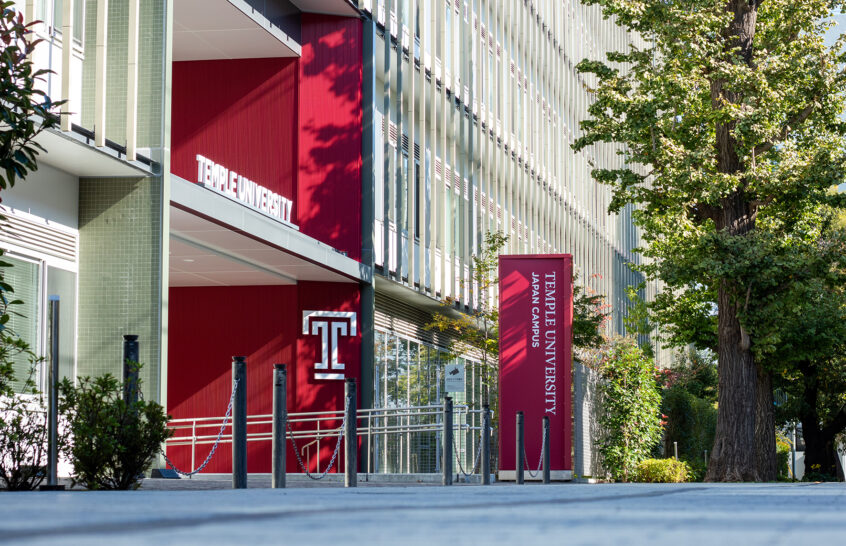
In Japan, TUJ has excelled as the largest and longest-running branch campus of a foreign university. Over the years, the university has transcended its role, fostering connections between diverse cultures and advancing the globalization of higher education. With affiliations with three Japanese universities – Meiji University, Musashi University and Showa Women’s University – alongside the India-based Thapar Institute of Engineering & Technologies, TUJ has cultivated a robust network of partnerships. In December 2022, TUJ signed collaboration accords with Yamanashi Prefecture and Tokyo’s Setagaya City, underscoring the local government recognition of its endeavors, which encompass the promotion of cross-cultural understanding, internationalism, and multicultural education.

